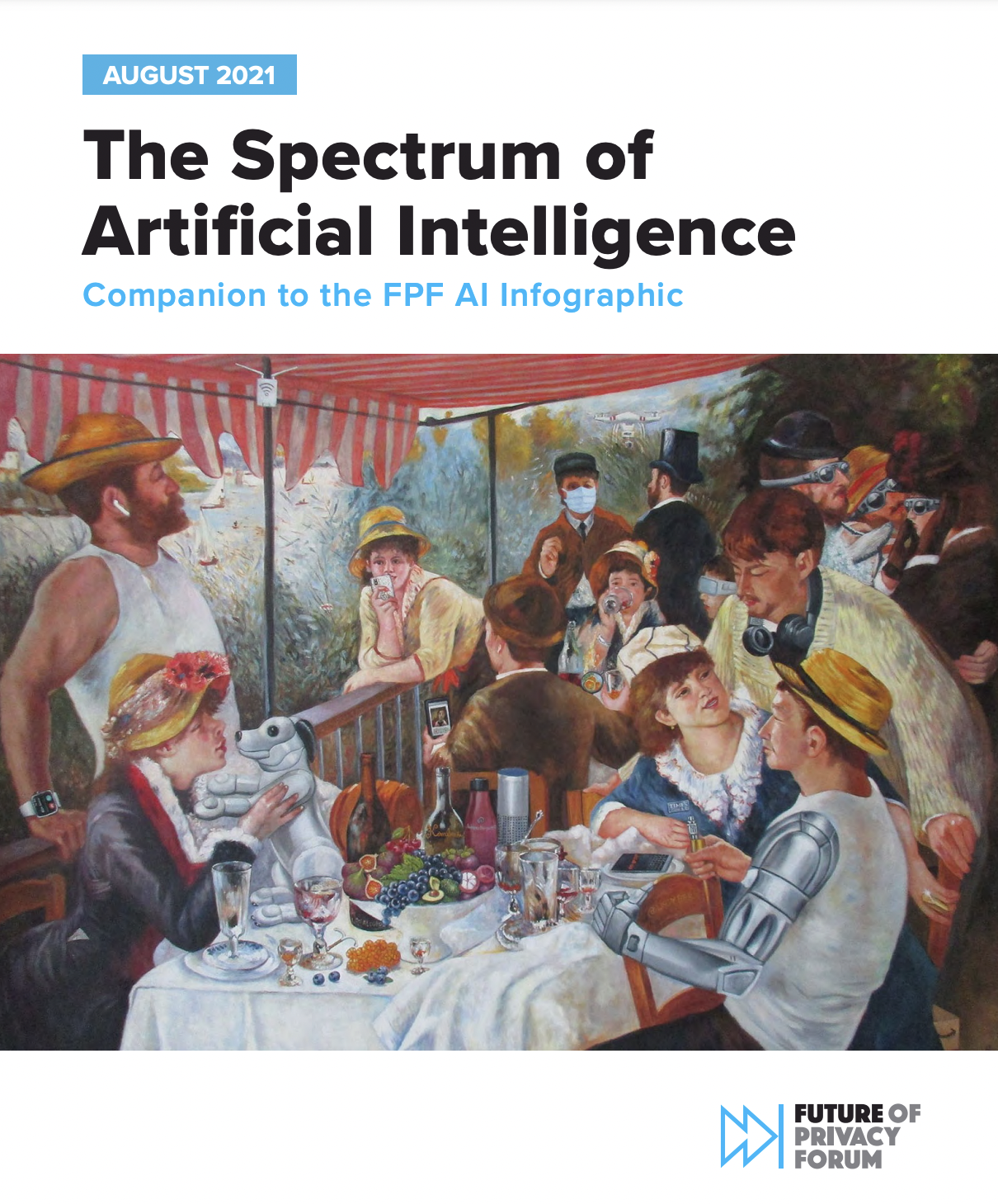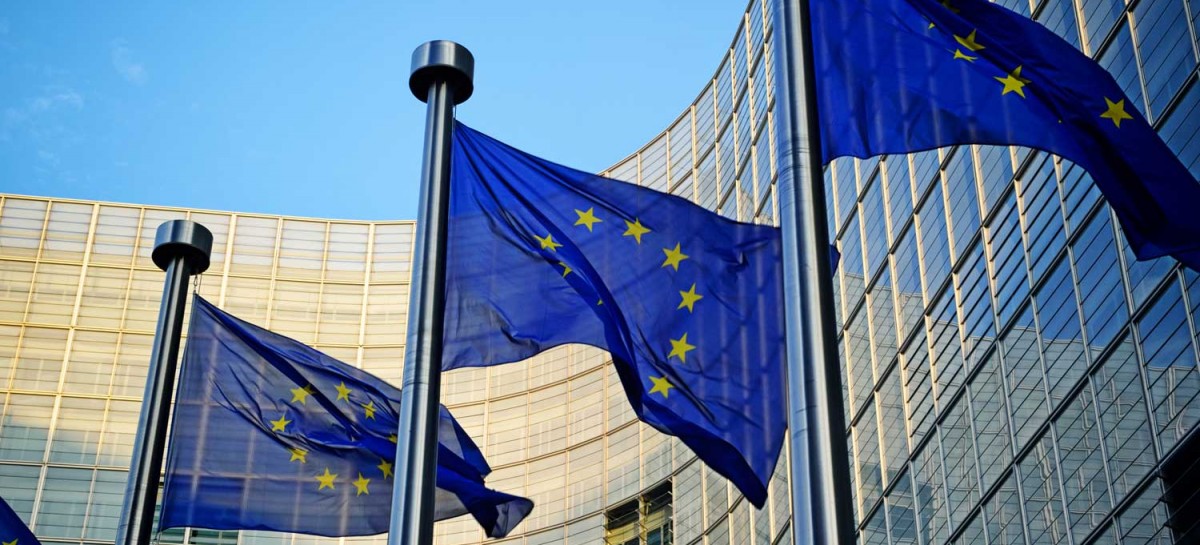Showing results for virg get promo code xcept hungary

China’s New Comprehensive Data Protection Law: Context, Stated Objectives, Key Provisions
[…] Chinese law. This chapter is emblematic of the diversity of the objectives pursued by the text as described earlier. In these provisions, the legislator seeks both to promote responsible data transfers that respect the rights and interests of Chinese citizens, on the model of other provisions relating to transfers in “traditional” data protection laws, […]

The Spectrum of AI: Companion to the FPF AI Infographic
[…] economic, and professional opportunities. If regulation is to be effective, it should focus on both technical details and the underlying values and rights that must be protected from adverse uses of AI, to ensure that AI is ultimately used to promote human dignity and welfare. A .pdf version of the printed paper is available here.

Now, On the Internet, EVERYONE Knows You’re a Dog
[…] to unauthorized individuals. Security best practices require that authentication be accomplished via a multi-factor system, requiring two of the three options: something you know (password or pin code, security question), something you have (a smart card, specific mobile device, or USB token), or something you are (a biometric). Once an ID holder is authenticated, […]

Insights into the Future of Data Protection Enforcement: Regulatory Strategies of European Data Protection Authorities for 2021-2022
[…] General Data Protection Regulation (GDPR) broad powers and competences, in addition to independence. With GDPR enforcement visibly ramping up in the past year, it is important to get insight into the key enforcement areas targeted by regulators, as well as understanding what are those complex or sensitive personal processing activities where DPAs plan to […]

Uniform Law Commission Finalizes Model State Privacy Law
[…] treatment. The Prefatory Note of a late-stage draft of the UPDPA notes that it seeks to avoid “the compliance and regulatory costs associated with the California and Virginia regimes.” Central to the framework, however, is a useful distinction between “compatible,” “incompatible,” and “prohibited” data practices, which moves beyond a purely consent model based on […]

Event Recap: Dublin Privacy Symposium 2021, Designing for Trust: Enhancing Transparency & Preventing User Manipulation
[…] nudging had shown a fine line between legitimate persuasion and pressure/bullying in the online world. Nonetheless, she admitted that the persuasion’s end goal (e.g., pushing people to get vaccinated v. to accept tracking) is not neutral. On a different note, but agreeing with the points made by Dr. Cranor during her earlier presentation, Corcoran […]

FPF Partners with Penn State and University of Michigan Researchers on Searchable Database of Privacy-Related Documents
[…] of data through a combination of linguistics, AI programming, and computer science. “One of the reasons to have a privacy policy search engine is that you can get an idea about how different companies treat their user privacy currently and over time. This can also inform users on how they may want to react […]

ITPI Event Recap – The EU Data Strategy and the Draft Data Governance Act
[…] bodies may charge fees and data subjects are called to give GDPR-aligned consent. Furthermore, Koning expressed doubts about the immediate benefit that data holders and subjects would get from sharing their data with intermediaries, often in exchange of service fees. Alternatives to data sharing and focus on data insights Dr. Thomas Hardjono, from MIT […]

India’s new Intermediary & Digital Media Rules: Expanding the Boundaries of Executive Power in Digital Regulation
[…] liability and regulation of publishers of digital content have generated significant debate since their release in February 2021. The Information Technology (Intermediary Guidelines and Digital Media Ethics Code) Rules, 2021 (the Rules) have: recast the conditions to obtain ‘safe harbour’ from liability for online intermediaries, and unveiled an extensive regulatory regime for a newly […]

South Korea: The First Case Where the Personal Information Protection Act was Applied to an AI System
[…] and operate “Iruda.” Therefore, PIPC determined that ScatterLab processed the user’s personal information beyond the purpose of collection. In addition, ScatterLab posted its AI models on the code sharing and collaboration platform Github from October 2019 to January 2021, which included 1,431 KakaoTalk messages revealing 22 names (excluding last names), 34 locations (excluding districts […]
